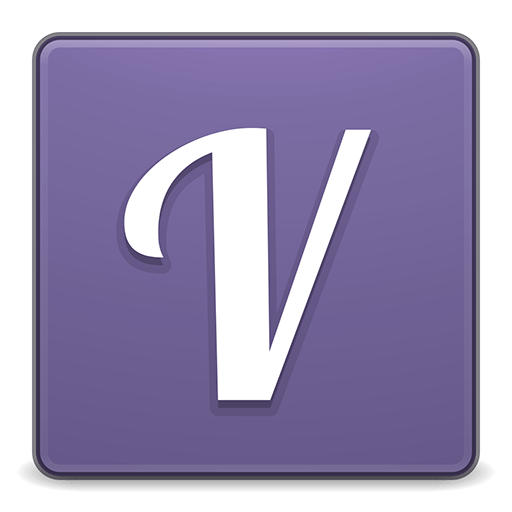 Vala
vs
Vala
vs
 Ruby
Ruby
 Vala
Vala
 Ruby
Ruby
What is Vala?
A free and open object-oriented programming language with a self-hosting compiler that generates C code. Vala uses the GObject system and is syntactically similar to C# while introducing unique features like functions, signals, properties, generics, assisted memory management, exception handling, type inference, and foreach statements. Vala makes it simple to target the GNOME stack and is also used for writing applications to the operating system elementary OS.
How much does Vala cost?
No pricing information available..
What platforms does Vala support?
Top Vala Alternatives
C
C is a free and open-source general-purpose, procedural programming language. The language supports structured programming, lexical variable scope, and recursion, with a static type system. By design, C provides constructs that map efficiently to typical machine instructions. C was first created and released in 1972 at Bell Labs by Dennis Ritchie, today C is used in systems where you need absolute control over memory management such as OS kernels and other mission critical software.
C++
Developed by Bjarne Stroustrup at Bell Labs in 1979, C++ is a general-purpose programming language. C++ was designed as an extension of the work on the programming language C, or "C with Classes". The language run on the most common platforms such as macOS, Windows, Linux and various versions of UNIX. In modern releases of C++ object-oriented, generic, and functional features in addition to facilities for low-level memory manipulation has been introduced.
The software
 Ruby
is removed from the Top Vala Alternatives since you are comparing against it.
If you are looking for more software, applications or projects similar to
Ruby
is removed from the Top Vala Alternatives since you are comparing against it.
If you are looking for more software, applications or projects similar to
 Vala
we recommend you to check out our full list containing 46 Vala Alternatives.
Vala
we recommend you to check out our full list containing 46 Vala Alternatives.
Vala Gallery
What is Ruby?
Ruby is a free and open-source interpreted, high-level, general-purpose programming language. The language was created by Yukihiro "Matz" Matsumoto from Japan in the mid-1990s. Today, Ruby has a friendly and growing community from all over the world and is openly developed and maintained. According to its creator Yukihiro, the language share many similarities with Perl, Smalltalk, Eiffel, Ada, Basic, and Lisp, all of which Ruby was influenced by.
How much does Ruby cost?
No pricing information available..
What platforms does Ruby support?
Top Ruby Alternatives
PHP
PHP is a popular free and open-source general-purpose scripting language. The language was created by Danish-Canadian programmer Rasmus Lerdorf in 1994. PHP is fast, flexible and pragmatic and is especially suited to web development. It is utilised by individual developers and large corporations like facebook, where it powers backend services.
JavaScript
JavaScript is a scripting or programming language that conforms to the ECMAScript specification. The language is mainly used to create complex features for web pages, but is also used other software project. Javascript has curly-bracket syntax, dynamic typing, prototype-based object-orientation, and first-class functions and is mostly just-in-time compiled.
Python
An object-oriented, high-level, general-purpose programming language with an easy-to-learn syntax. Python was first released in 1991 by Guido van Rossum with a design philosophy that emphasises code readability. Today Python is one of the most widely used programming languages where it is used in everything from data science, machine learning and AI to modern web, mobile and desktop applications.
The software
 Vala
is removed from the Top Ruby Alternatives since you are comparing against it.
If you are looking for more software, applications or projects similar to
Vala
is removed from the Top Ruby Alternatives since you are comparing against it.
If you are looking for more software, applications or projects similar to
 Ruby
we recommend you to check out our full list containing 11 Ruby Alternatives.
Ruby
we recommend you to check out our full list containing 11 Ruby Alternatives.
